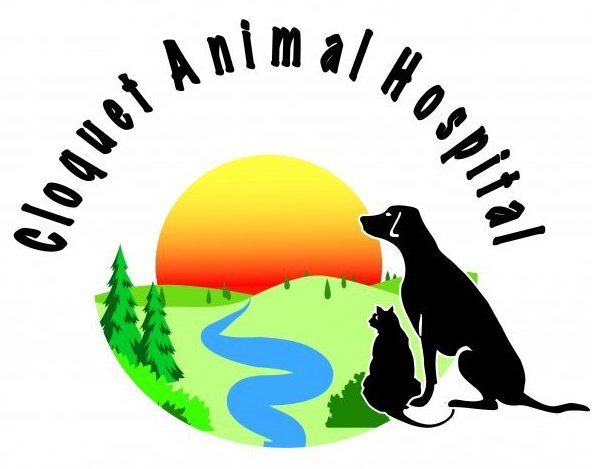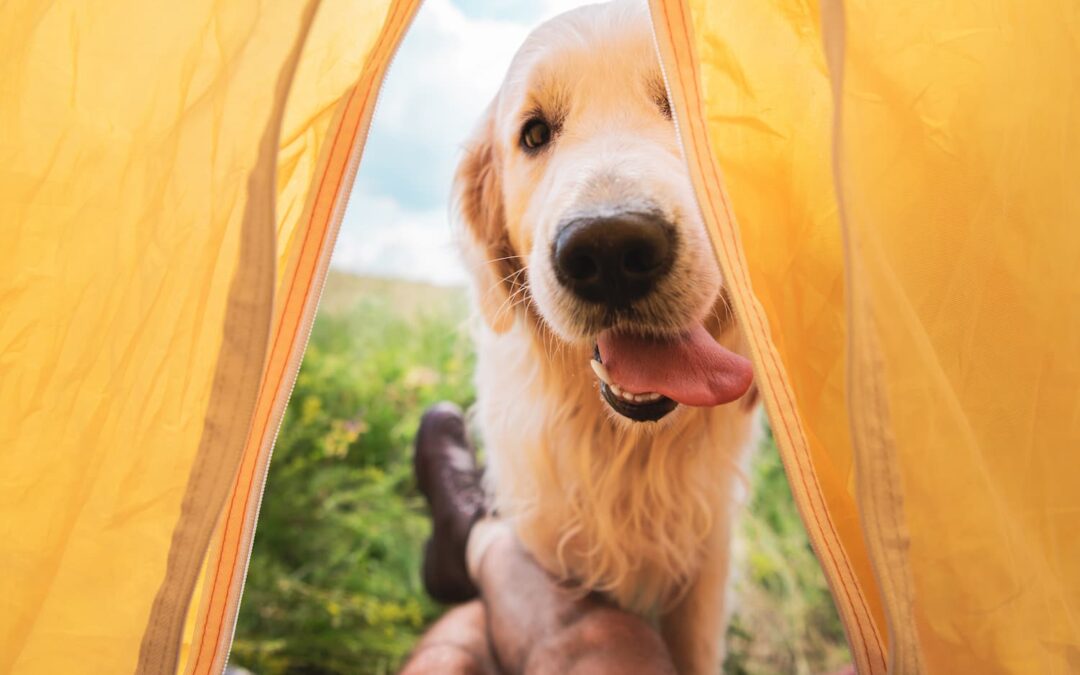There’s something magical about a warm summer night under the stars, a crackling fire nearby, and your furry companion curled up beside you. But while you’re enjoying s’mores and stories, your pet might be facing hidden risks. Campfires, smoke, bugs, and even stress can turn a peaceful evening into a trip to the emergency vet.
Before you strike that match, take a few minutes to plan for your pet’s safety. Whether you’re camping in the woods or enjoying a backyard bonfire in Cloquet, MN, these tips will help you keep your pets safe, calm, and comfortable all summer long.
Why Campfire Safety Matters for Pets
Most pets are curious—especially dogs—and that curiosity can get them too close to open flames or hot embers. Even if your pet keeps a safe distance, they can still be affected by smoke, heat, or loud noises like crackling wood.
Some of the most common fire-related risks for pets include:
- Burned paw pads or singed fur from stepping too close
- Smoke inhalation, especially for short-nosed breeds like pugs or bulldogs
- Emotional stress or anxiety triggered by the smell and sound of fire
For adventurous pets who like to roam off-leash or explore wooded areas, the danger increases. This is especially true if you’re in a public campground with unfamiliar smells, noises, or wildlife.
Setting Up a Pet-Safe Campfire Zone
If you plan on having your pet nearby during your campfire, preparation is key. A little setup can prevent accidents and keep your evening enjoyable for everyone.
Here’s how to create a safer environment:
- Keep your pet on a leash or inside a secure playpen while the fire is lit
- Maintain a safe distance—at least 3 to 5 feet away from the fire pit
- Never leave your pet unattended, even for a minute
- Avoid using lighter fluid or chemical fire starters, as the fumes can be harmful to pets
- Consider setting up a foldable crate or soft-sided carrier if your pet tends to get too excited or nervous
Pets are quick, and it only takes a second for a curious nose to get too close to danger. Supervising them throughout the evening is one of the simplest and most effective safety steps you can take.
Signs Your Pet May Be in Distress
Even the calmest pets can be startled by the smells, sounds, and shadows of a fire. Knowing how to spot signs of stress or injury can help you take quick action before things get worse. Watch for:
- Shaking, trembling, or excessive panting
- Trying to hide, escape the area, or pulling on their leash
- Drooling or licking at paws, possibly from stepping on hot surfaces
- Red, watery eyes or coughing from smoke exposure
- Whimpering or vocalizing in ways that aren’t typical for your pet
If your pet seems uncomfortable, it’s a good idea to move them farther from the fire, give them water, and provide a cozy, shaded spot where they can relax.
Don’t Leave Home Without These Pet Safety Essentials
Every summer adventure should include a checklist for your pet’s health and safety. Packing the right supplies can make a huge difference if your pet encounters anything from a minor scrape to a tick bite or anxiety episode.
Here are some must-haves for campfire nights and weekend trips:
- Pet-specific first aid kit (including burn ointment, gauze, and scissors)
- Plenty of fresh water and a collapsible bowl
- Flea and tick preventatives, especially in wooded areas
- Reflective collar, harness, or LED lights for nighttime visibility
- Comfort items like a favorite toy or blanket
- Calming chews or supplements (ask your vet about what’s safe)
Browse our online pharmacy for outdoor pet safety gear and calming solutions. These simple tools help you avoid surprises and give you peace of mind, whether you’re five minutes from home or hours deep into Minnesota’s north woods.
Keep Calm: Helping Your Pet Relax Around the Fire
Not every dog (or cat!) is cut out for life by the fire pit. If your pet tends to be skittish or easily overwhelmed, taking proactive steps can make them feel more secure in a new or stimulating environment.
Here are a few ideas to ease their nerves:
- Stick to familiar routines—feeding, potty breaks, and bedtime as usual
- Create a quiet space away from the crowd and noise
- Use a calming pheromone spray or diffuser in your tent or vehicle
- Bring anxiety-relieving treats or vet-approved supplements
- Avoid loud music, shouting, or other surprises that might frighten them
If you’re not sure what calming options are best, feel free to give us a call or check in before your trip.
Don’t Forget Flea & Tick Protection
One of the most overlooked parts of outdoor pet safety? Parasite prevention. Campgrounds, trails, and backyards are all hotspots for fleas and ticks—and these pests can transmit serious illnesses to your pet. Be sure to:
- Apply flea and tick prevention at least 24 hours before your trip
- Pack an extra dose if you’ll be gone for several days
- Use a tick remover tool to handle any surprises quickly
- Do a thorough body check for ticks before heading back indoors
Protect your pet before your trip—shop flea & tick products in our pharmacy. Preventing a bite is always easier (and cheaper) than treating an infection later.
Know When to Call the Vet
Even with the best preparation, accidents can happen. Here are a few signs that your pet may need veterinary attention:
- Burns or visible wounds
- Persistent coughing or eye irritation
- Lethargy or appetite loss after smoke exposure
- Excessive itching or signs of tick-borne illness
- Behavioral changes, such as aggression, hiding, or fearfulness
If you notice any of these, schedule an appointment with us right away. Early treatment can help your pet recover quickly and prevent complications.
Wagging Tails, Warm Fires, Safe Adventures
Campfire nights should be filled with fun—not unexpected vet visits. By creating a safe space, packing smart, and watching for stress, you can help your pet enjoy every summer adventure right alongside you.
Whether you’re hiking, camping, or roasting marshmallows in the backyard, don’t forget: your pet relies on you to keep them safe.
For questions about flea and tick prevention, calming aids, or pet-safe first aid kits, our team at Cloquet Animal Hospital is here to help. Book an appointment with us.

